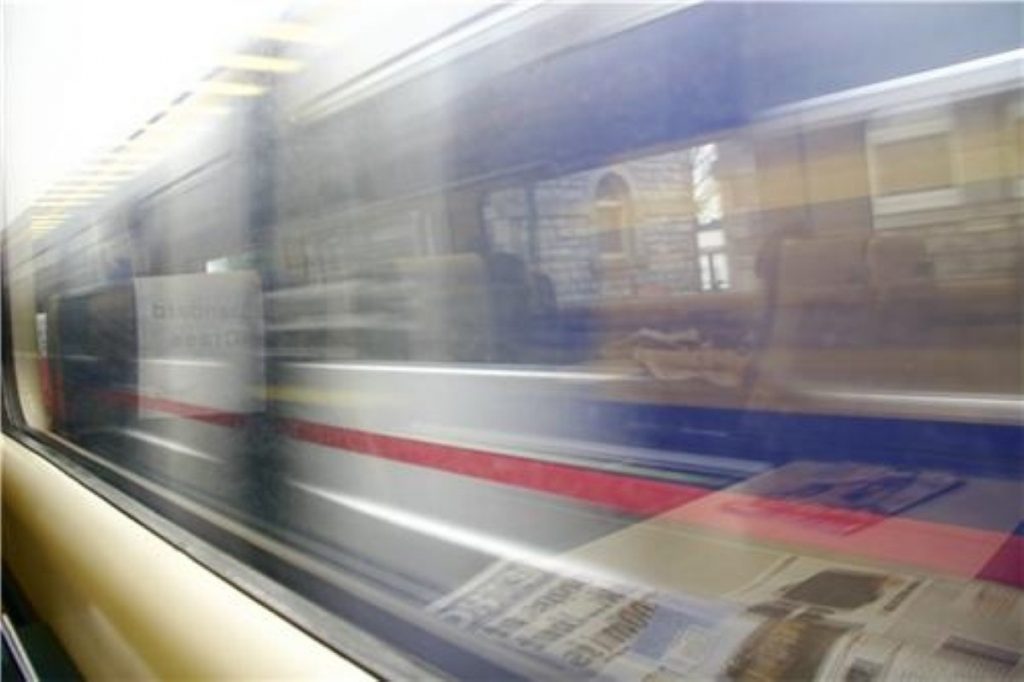Above-inflation rail fare hikes to end
By Alex Stevenson Follow @alex__stevenson
Annual rail fare increases above inflation are to end, the coalition has announced, even as it moves to achieve efficiency savings of £3.5 billion.
The government's command paper on rail published this lunchtime has committed to reducing and then ending above-inflation rises in average unregulated fares.
Ministers will expand Oyster-card style technology from London to the whole of England and Wales, offering more flexible ticket options, as they push ahead with further investment in rolling stock and infrastructure.


Rail companies are to be handed longer franchises and Network Rail will allow third parties to run concessions for parts of the network, prompting outrage from union leaders.
"We are setting out a roadmap for action alongside the industry to root out inefficiency so we can deliver real value-for-money that ends inflation-busting fare rises once and for all," transport secretary Justine Greening said.
"It is about building a more efficient and affordable rail network that serves its passengers better, encourages the rail industry to thrive and grow, and ultimately reinvigorates and sustains Britain’s economy."
Today's paper is the government's response to Sir Roy McNulty's review of the rail network, which last year called for a 30% efficiency improvement by 2019 in order to cut rail fares.
The RMT union's general secretary, Bob Crow, warned that 12,000 jobs were being put at risk as a result of "industrial vandalism on the tracks".
"This plan sets us on course for a return to the dark and dangerous days of Railtrack that led to the disasters of Hatfield and Potters Bar," he said.
"For the first time since the creation of a nationalised Network Rail the way is being paved for private companies to run localised, mini-Railtrack concessions in the name of greed and profit.
"If the government want to save 30% of the current rail costs they could do it at a stroke by ending the fragmentation and exploitation which is enshrined in privatisation and by returning to a railway run under public ownership as a public service."
Today's proposals will also see the rail regulator strengthened, more real-time information for passengers and funding for thousands more carriages, the electrification of more of the network and the redevelopment of railway stations.
Shadow transport secretary Maria Eagle said the coalition was putting "private profit before passengers", however.
She commented: "Plans to give train companies even greater freedoms to hike rail fares, close ticket offices and provide fewer staff on trains and at stations show just how out of touch ministers are with passengers and commuters."









